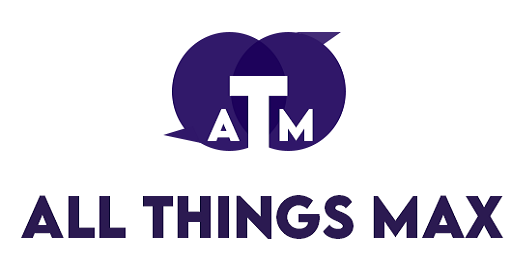When debt from Merchant Cash Advances (MCAs) starts mounting, many business owners feel trapped. The aggressive repayment terms, daily withdrawals, and compounding interest rates can quickly spiral out of control. Bankruptcy may seem like the only escape, but there are other legal options available that can protect your assets and reputation. One of the most effective alternatives is working with a Business Cash Advance Settlement Lawyer who understands the nuances of MCA contracts and settlement opportunities.
GuerillaGivers | proplayersguides | holixservices | MeTeaHunBay | thaidiary
Understanding the MCA Trap
Unlike traditional loans, MCAs are technically sales agreements in which funders purchase a portion of your future receivables. This legal loophole allows them to avoid consumer lending laws—and often, exploit borrowers. These agreements can be vague, predatory, and riddled with high fees. Many business owners only realize the extent of their obligations once their bank accounts begin to get drained daily.
Even worse, MCA funders often file UCC liens, freeze merchant processing accounts, or initiate aggressive legal action when a business falls behind. Fortunately, these situations don’t require a business to file for bankruptcy right away. Legal professionals can help resolve these disputes and negotiate favorable terms—without shutting your doors.
The Role of Legal Negotiation in Debt Relief
The first step toward relief is a thorough contract review. Many MCAs contain ambiguous clauses that may not be enforceable under state law. Attorneys experienced in this area know how to identify such vulnerabilities. Through detailed legal analysis, they can find leverage for settlement.
Settlement strategies may include:
- Negotiating reduced payoff amounts
- Extending repayment terms
- Halting legal proceedings or collections temporarily
- Challenging the legitimacy of the UCC lien
These approaches require skilled negotiation backed by strong legal arguments. Without the right guidance, business owners may end up agreeing to even more damaging repayment structures.
When Restructuring Becomes a Viable Option
In some cases, the best solution is to restructure the MCA agreement itself. Restructuring doesn’t just mean extending the repayment schedule—it can involve redefining the terms of the advance, including interest caps, revised daily payments, or eliminating penalties.
An experienced Attorney for MCA Loan Restructuring can communicate with funders on your behalf, leveraging legal knowledge and negotiation skills to reach practical resolutions. This route often avoids the stigma and long-term consequences of bankruptcy, allowing you to preserve your credit standing and continue operations.
Avoiding Common Pitfalls in DIY Settlements
Some business owners attempt to handle negotiations independently. While it may seem cost-effective at first, this path often leads to complications. MCA funders are seasoned in pushing back against unrepresented merchants and may use intimidation tactics to enforce unfair terms.
Uninformed settlements can also expose businesses to renewed legal threats down the line. Without a formal agreement that releases liability or cancels liens, future disputes may re-emerge. That’s why professional legal oversight is crucial.
Choosing the Right Legal Partner
Selecting a lawyer who understands the intricacies of MCA agreements—not just general debt—is key to achieving a positive outcome. Look for legal partners with a track record in negotiating settlements with MCA funders, defending against UCC filings, and representing clients in court if necessary.
investinlima | tofixmyspeaker | autocarslease | proadvertiser | shiftglobally
Conclusion: Reclaim Your Financial Stability
Bankruptcy is not the only path out of MCA debt. With the right strategies—settlement, restructuring, or litigation—you can regain control without closing your business. Grant Phillips Law specializes in Merchant Cash Advance defense, helping business owners fight back against aggressive funders and reach sustainable resolutions. Whether you’re facing lawsuits, frozen accounts, or UCC liens, the firm offers comprehensive legal support to protect your business and your peace of mind.

